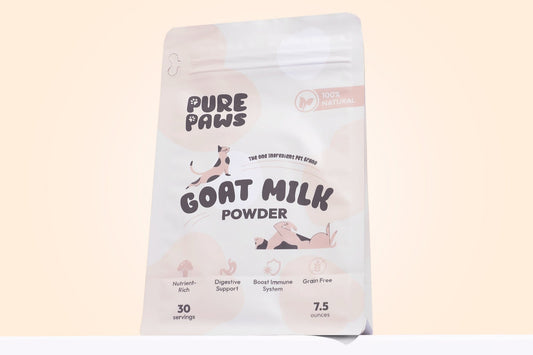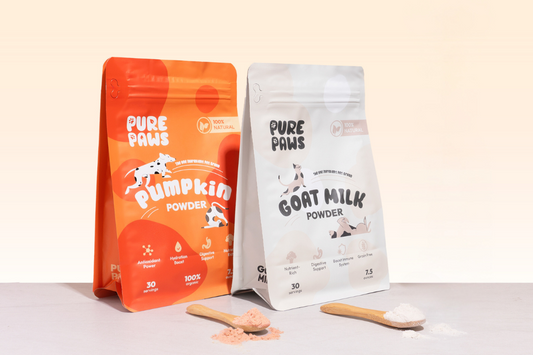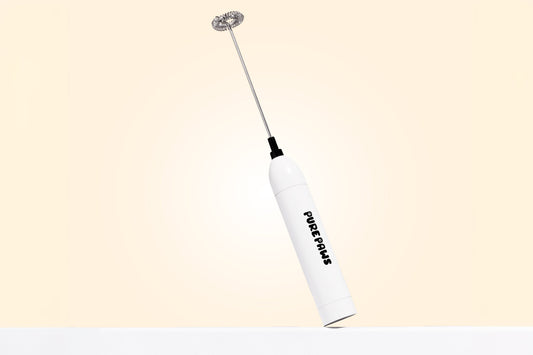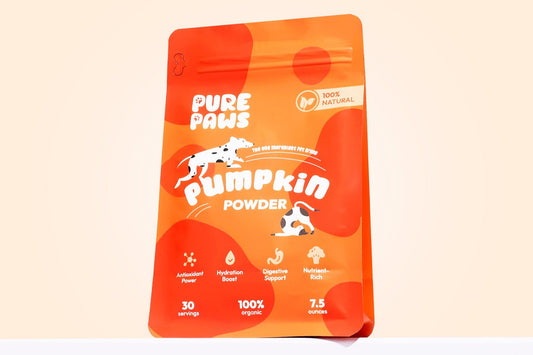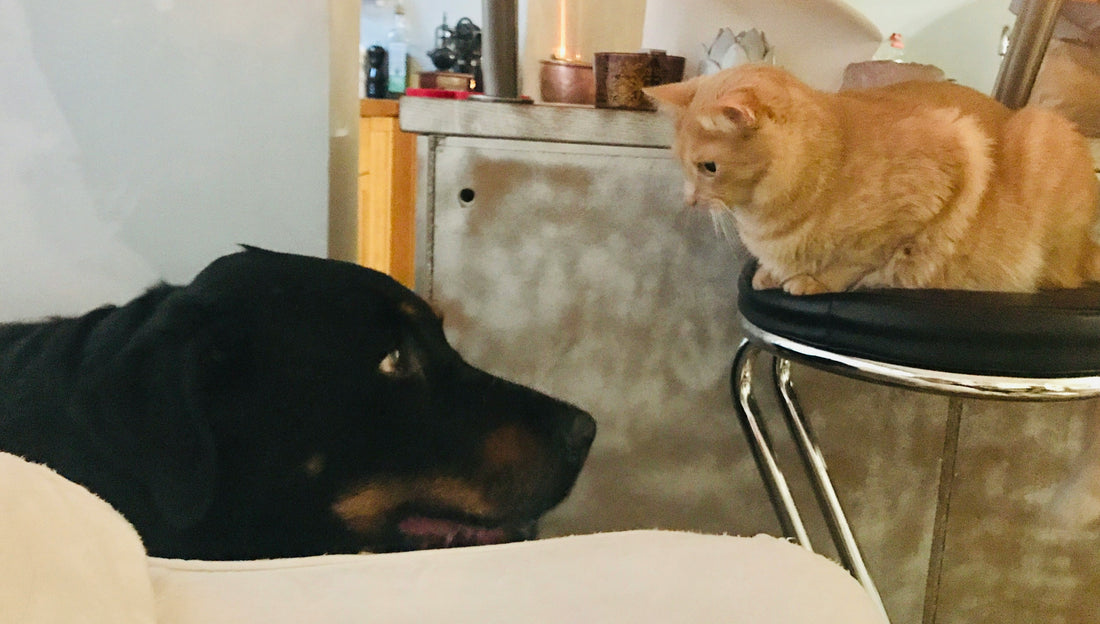
A Guide to Pet Nutrition: What Every Owner Should Know
The Importance of Balanced Nutrition in Pet Health
As a devoted pet owner, ensuring your furry friend's health and happiness is paramount. One of the most crucial aspects of pet care is providing balanced nutrition. Just like humans, pets need a well-rounded diet to maintain their health, support growth, and prevent various health issues. In this comprehensive guide, we will explore the essentials of pet nutrition, tailored needs by pet type, and how to recognize signs of nutritional deficiencies. By understanding these key elements, you can make informed choices about your pet's diet, contributing to their longevity and well-being.
Basics of Pet Nutrition
What Pets Need in Their Diet
Pet nutrition revolves around several core components, each playing a vital role in maintaining health:
- Proteins: Crucial for growth, maintenance, and repair of body tissues.
- Fats: Provide energy, support cell function, and enhance taste.
- Carbohydrates: Offer energy and assist in gastrointestinal health.
- Vitamins and Minerals: Essential for immune function, energy production, and overall body functions.
- Water: Essential for hydration, digestion, and nutrient transportation.
It's important to choose a diet that balances these elements in the right proportions tailored to your pet's age, weight, and health condition. Premium brands like Pure Paws offer specially formulated products to support optimal nutrition, featuring ingredients like goat milk powder known for its digestibility and nutritional richness.
The Role of Supplements
While a balanced diet is fundamental, supplements can play a beneficial role in addressing specific health needs or deficiencies. Products like 100% organic pumpkin powder from Pure Paws provide additional fiber for digestive health, and supplements with omega fatty acids are excellent for skin and coat health.
Common Nutritional Needs by Pet Type
Dogs
Dogs are generally omnivorous and require a blend of proteins, carbohydrates, and fats. Puppies, for instance, need diets rich in protein and calories to support rapid growth, whereas senior dogs may require fewer calories but more joint support supplements.
Cats
Cats are obligate carnivores and require diets high in protein and fat with minimal carbohydrates. Their diets should also include taurine, an essential amino acid crucial for heart health and vision.
Signs of Nutritional Deficiencies
Recognizing the signs of nutritional deficiencies early can help prevent more serious health issues. Here are some common symptoms:
- Poor Coat Quality: A lack of essential fatty acids might result in a dull, coarse coat.
- Dental Issues: Insufficient hard foods or vitamins can lead to poor dental health.
- Lethargy or Low Energy: Often caused by a lack of sufficient nutrients like iron or vitamin B.
- Weight Loss or Gain: Can indicate imbalances in diet or digestive issues.
To counteract these deficiencies, consider integrating specialized diets or supplements like Pure Paws' goat milk powder, which is rich in essential vitamins and minerals, helping to restore nutritional balance and enhance pet health.
Understanding the fundamentals of pet nutrition and recognizing the signs of deficiencies are key to ensuring the health and happiness of your pet. By providing a balanced diet, considering appropriate supplements, and staying informed about their specific nutritional needs, you can contribute significantly to your pet's overall well-being. Explore more about Pure Paws’ natural and healthful pet products, and consider subscribing to our newsletter for more insights and tips on pet care.
